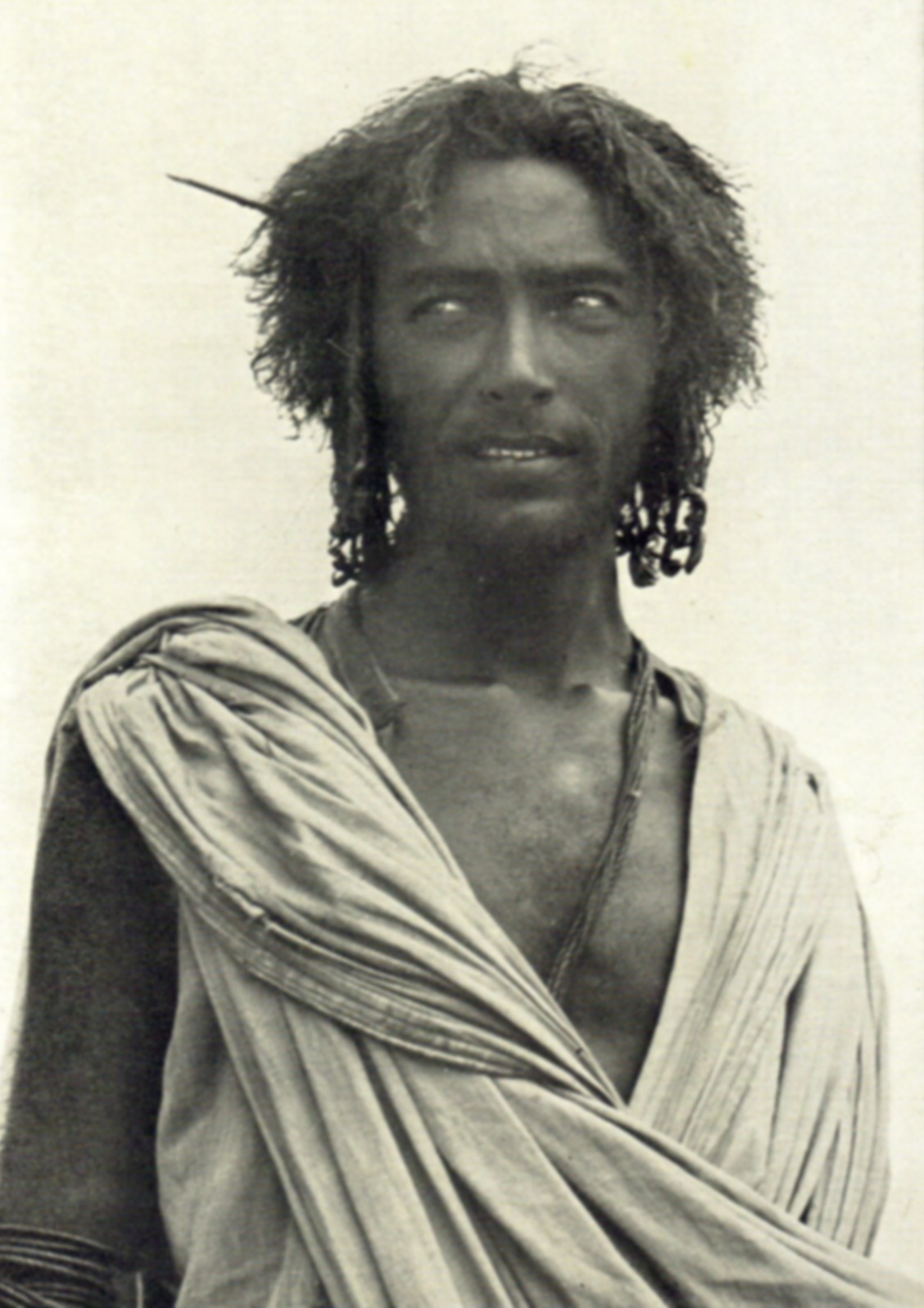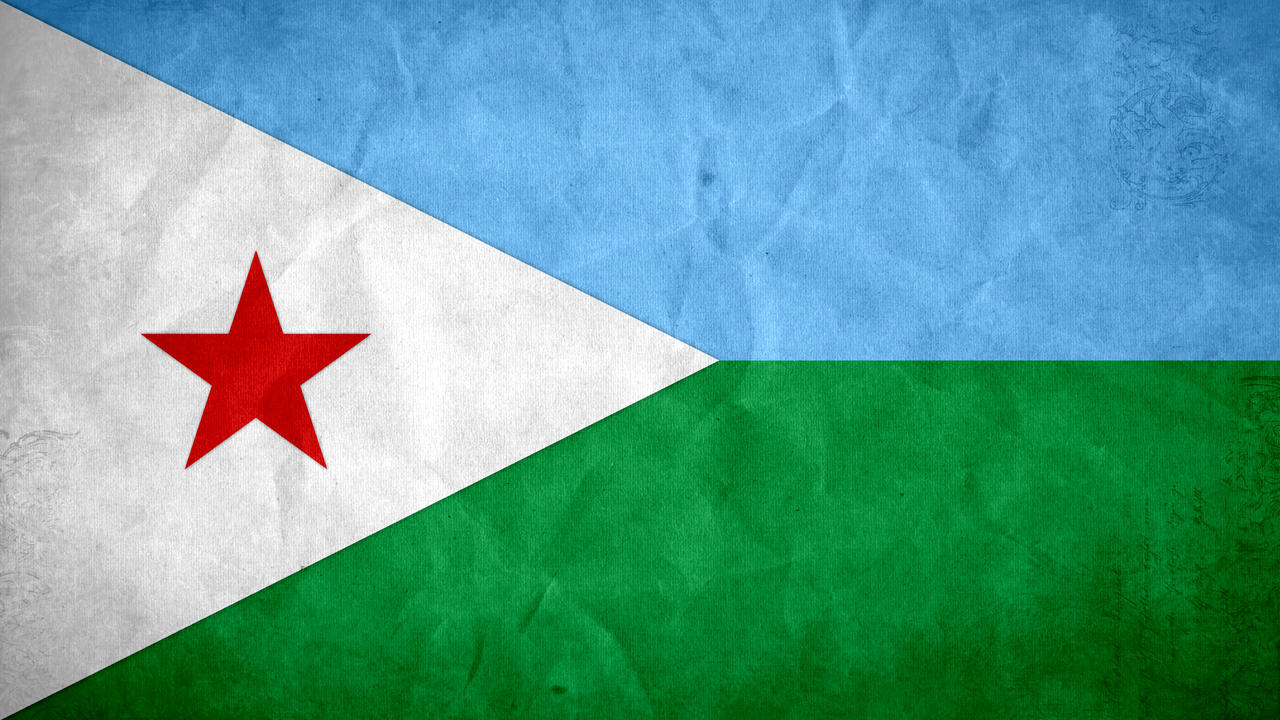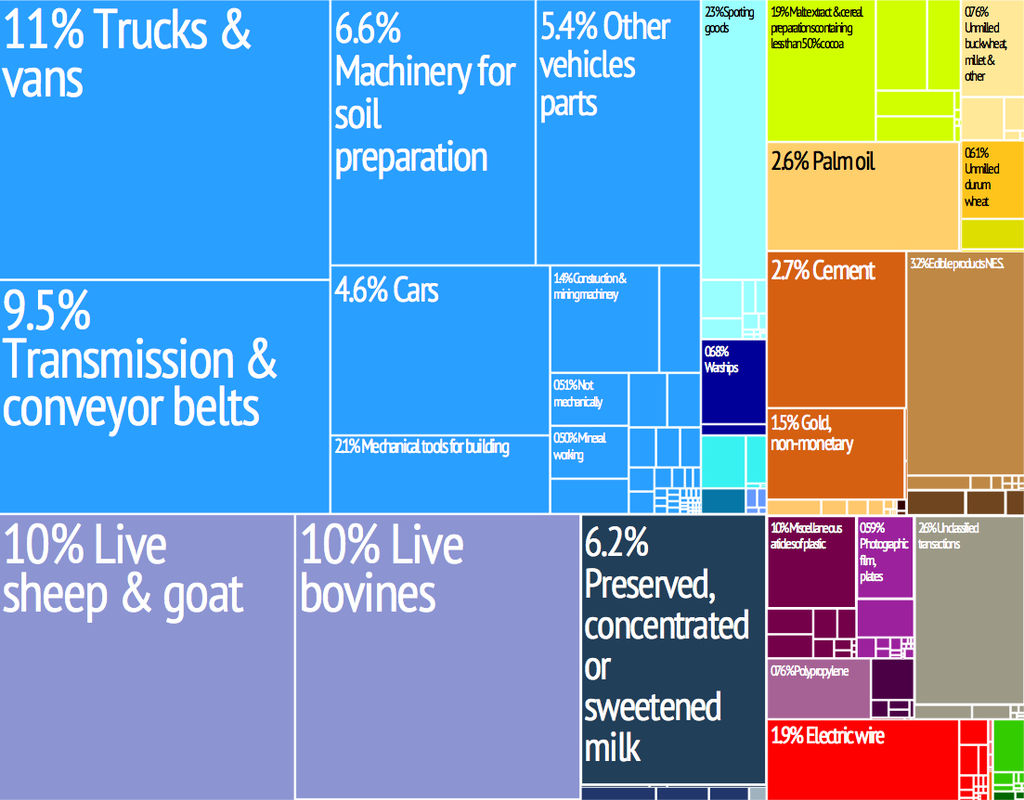<= 58. Qatar 60. Bahrain =>
1. Djibouti Population
60% of the population are Somali Issa people
35% of the population are Afars
5% of the population are Arabs, Ethiopians and Europeans, predominantly French and Italians
French and Arabic are the official languages
Somali and Afar are the most common mother languages in Djibouti
2. Suez Canal and Djibouti
The Suez Canal was under construction in the 1860s and finished in 1869. The canal was designed by French engineers and to ensure the smooth ship traffic in the Red Sea the French acquired the harbor of Obock on the coast of the Red Sea.
The Italians acquired Massawa from Eritrea as their trade base and the British had a base in Yemen, on the Gulf of Aden. After a while the French found a natural harbor which was better than Obock and they established the city of Djibouti there.
From there the French monitored the ship traffic in the Red Sea. In 1896 Obock and Djibouti were united as the French Somaliland. The whole purpose for the establishment of Djibouti was to monitor the traffic in the Red Sea.
3. Djibouti Independence
Djibouti became independent in 1977 from France after the third referendum about Djibouti's status. The first two referendums were held in 1958 and 1967.
1958 - First Referendum, 75% of the people voted for staying a French territory and not joining Somalia
1967 - Second Referendum, 61% of the people wanted to stay part of France and not become independent
1977 Third Referendum, 99,8% of the people voted for independence
After the 1967 referendum Djibouti's name was changed from French Somaliland to "French Territory of the Afars and the Issas". After 1977 referendum when the country got independence they changed their name as Djibouti. Hassan Gouled Aptidon was the first president of the country, ruling until 1999.
4. Djiboutian Civil War
In 1991 the Afar rebel group called FRUD invaded from Ethiopia and started fighting against the Issa led government. They demanded for a multiparty system and a better distribution of power. The French military involvement in the civil war saved the regime of Aptidon.
In 1999 president Aptidon stepped aside and his nephew Ismail Omer Guelleh became the new president. In 2001 the final peace treaty was signed and FRUD was allowed to participate the elections. It merged with RPP because the law says that the winner of the elections gets all the parliament seats.
5. Economy of Djibouti
Djibouti is a tiny country of only 23,200 square kilometers, it's mostly desert so Djibouti has to import a lot of food because the land isn't arable. There are also no natural reserves so the economy is largely concentrated on the service sector.
Proportion of different sectors of the GDP
Service sector 79,7%
Industry 17,3%
Agriculture 3%
The port of Djibouti is the most important source of income for Djibouti with the railway road which leads to Djibouti from Ethiopian capital Addis Abeba. Especially now when Eritrea closed their harbors for Ethiopia, Djibouti is the only export harbor for Ethiopia.
1. Djibouti Population
60% of the population are Somali Issa people
35% of the population are Afars
5% of the population are Arabs, Ethiopians and Europeans, predominantly French and Italians
French and Arabic are the official languages
Somali and Afar are the most common mother languages in Djibouti
 |
| Afar man in nomadic clothes |
2. Suez Canal and Djibouti
The Suez Canal was under construction in the 1860s and finished in 1869. The canal was designed by French engineers and to ensure the smooth ship traffic in the Red Sea the French acquired the harbor of Obock on the coast of the Red Sea.
The Italians acquired Massawa from Eritrea as their trade base and the British had a base in Yemen, on the Gulf of Aden. After a while the French found a natural harbor which was better than Obock and they established the city of Djibouti there.
From there the French monitored the ship traffic in the Red Sea. In 1896 Obock and Djibouti were united as the French Somaliland. The whole purpose for the establishment of Djibouti was to monitor the traffic in the Red Sea.
 |
| 1908 |
3. Djibouti Independence
Djibouti became independent in 1977 from France after the third referendum about Djibouti's status. The first two referendums were held in 1958 and 1967.
1958 - First Referendum, 75% of the people voted for staying a French territory and not joining Somalia
1967 - Second Referendum, 61% of the people wanted to stay part of France and not become independent
1977 Third Referendum, 99,8% of the people voted for independence
After the 1967 referendum Djibouti's name was changed from French Somaliland to "French Territory of the Afars and the Issas". After 1977 referendum when the country got independence they changed their name as Djibouti. Hassan Gouled Aptidon was the first president of the country, ruling until 1999.
 |
| Hassan Gouled Aptidon, Djiboutian president 1977-1999 |
4. Djiboutian Civil War
In 1991 the Afar rebel group called FRUD invaded from Ethiopia and started fighting against the Issa led government. They demanded for a multiparty system and a better distribution of power. The French military involvement in the civil war saved the regime of Aptidon.
In 1999 president Aptidon stepped aside and his nephew Ismail Omer Guelleh became the new president. In 2001 the final peace treaty was signed and FRUD was allowed to participate the elections. It merged with RPP because the law says that the winner of the elections gets all the parliament seats.
 |
| Djiboutian soldiers |
5. Economy of Djibouti
Djibouti is a tiny country of only 23,200 square kilometers, it's mostly desert so Djibouti has to import a lot of food because the land isn't arable. There are also no natural reserves so the economy is largely concentrated on the service sector.
Proportion of different sectors of the GDP
Service sector 79,7%
Industry 17,3%
Agriculture 3%
The port of Djibouti is the most important source of income for Djibouti with the railway road which leads to Djibouti from Ethiopian capital Addis Abeba. Especially now when Eritrea closed their harbors for Ethiopia, Djibouti is the only export harbor for Ethiopia.
 |
| Port of Djibouti |
Timeline
800s Afari and Issa tribes convert into Islam
1200s The Somali clans establish the Sultanate of Ifat
1415 The Sultanate of Adal replaces Ifat
1527 Adal's Sultan Ahmad al-Ghazi tried to conquer the Kingdom of Abyssinia but failed after some victories when the Portuguese came to help the Coptic Christian Abyssinia, after al-Ghazi's death Adal broke down into small separate city-states
1860s Suez Canal is built by the French engineers
1862 The French buy the Obock harbor from the Afar Sultan to monitor the ship traffic in the Red Sea, near Obock they found an even better natural harbor and established the city of Djibouti
1896 Obock and Djibouti are united into the French Somaliland
1897 Railway connection from Ethiopia to Djibouti is opened
1958 A referendum to decide if Djibouti wants to join the Somali Republic or remain with France
1967 The name of the country is changed to French Territory of the Afars and the Issas and a second referendum about the country's status
1977 Third referendum which resulted into the independence of Djibouti, Hassan Gouled Aptidon becomes the first president
1991 The civil war between the Issa led government and Afar rebels begin
1999 Aptidon moves aside and his nephew Ismail Omer Guelleh becomes the new president
2001 Civil war ends with a peace treaty
2002 USA establishes a military base in Djibouti from which it has attacked Somalia and Iraq
2003 To restrain the amount of refugees the government expels 15% of the population
https://en.wikipedia.org/wiki/Djibouti
https://en.wikipedia.org/wiki/Djiboutian_Civil_War
Maailman maat liput ja historia by Kimmo Kiljunen
https://en.wikipedia.org/wiki/Djiboutian_Civil_War
Maailman maat liput ja historia by Kimmo Kiljunen


No comments:
Post a Comment